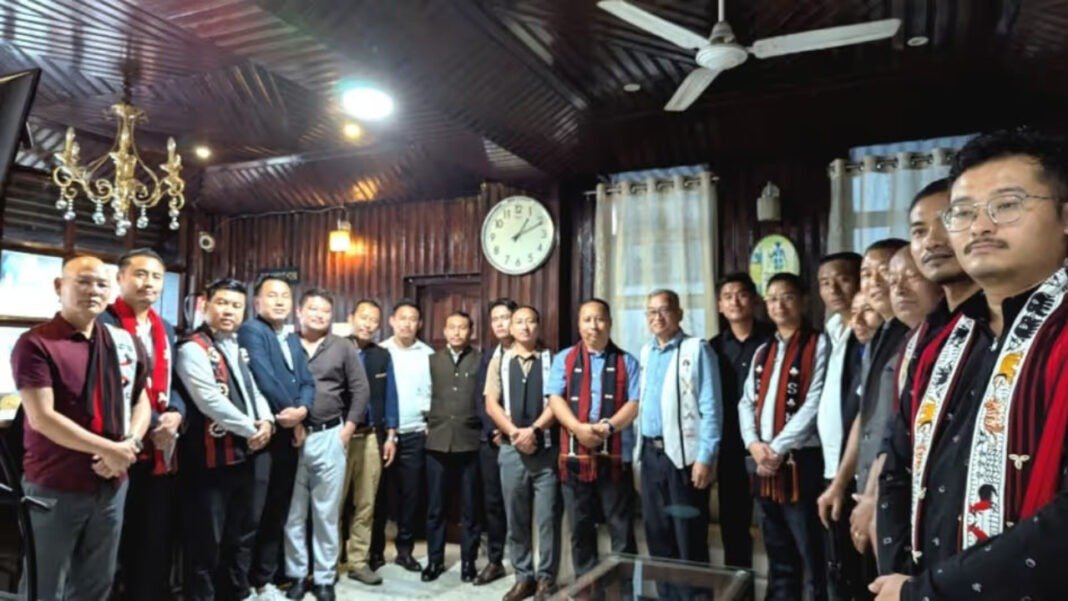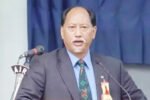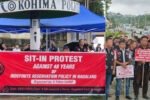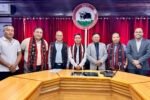KOHIMA, Aug 7: The five Tribes Committee on Review of Reservation Policy (CORRP) on Thursday strongly criticised the Nagaland Cabinet’s decision on Backward Tribes (BT) reservation issue, calling it a repeat of its June 12 decision that failed to address their key demands.
In a press statement, CORRP convener Tesinlo Semy and member secretary GK Zhimomi expressed disappointment that the state government has again ignored their core concerns and proceeded with the formation of a reservation review commission, including civil society organisations such as the Central Nagaland Tribes Council, Eastern Nagaland People’s Organisation, and Tenyimi Union Nagaland.
CORRP’s core demands are framing the terms of reference and the composition of an independent commission to review the decades-old reservation policy.
The committee alleged that the composition announced by the government lacks neutrality and reflects a partisan approach.
It also took strong exception to remarks made by government spokesperson and minister KG Kenye during a media briefing following the cabinet meeting held here on Wednesday.
Citing official data, Kenye said, “Five non-backward tribes currently occupy 64 per cent of government jobs, whereas the 10 backward tribes hold only 34 per cent.”
However, to address this imbalance, the government will constitute a reservation review commission, led by a retired senior government official, he added.
The commission has been tasked to submit its report within six months from the day it is formally appointed, but the implementation of the reforms may coincide with the caste-based census scheduled by the Centre in January 2026, the minister said.
Rejecting Kenye’s justification, CORRP alleged, “The partisan attitude of the government spokesperson in justifying 48 years of indefinite reservation policy and throwing up wild imaginary figures in government employment as well as interlinking the reservation review commission outcome with the next census has only added insult to our movement.”
CORRP announced that it will hold a joint sitting with the five apex tribal bodies in Kohima on Saturday to decide the next course of action.
The push for a review of Nagaland’s reservation policy intensified after the five tribal apex bodies under the banner of CoORRP submitted a joint memorandum to the state government recently.
They argued that the policy, which has been in place since 1977, no longer reflects the current socio-economic and educational realities of the various communities in the state.
The committee held at least two phases of agitation – on May 29 and July 9 — in the form of protest rallies across multiple district headquarters (Dimapur, Kohima, Mokokchung, Wokha, Tseminyu, Zunheboto, Chümoukedima, Niuland).
Initially, 25 per cent reservation was allocated for seven tribes in non-technical and non-gazetted posts for a period of 10 years. These tribes were designated as ‘backward’ based on educational and economic disadvantages, and limited representation in state services.
Over the years, the reservation increased to 37 per cent, comprising 25 per cent for seven Eastern Nagaland Backward Tribes and 12 per cent for four other backward tribes of the state. (PTI)












